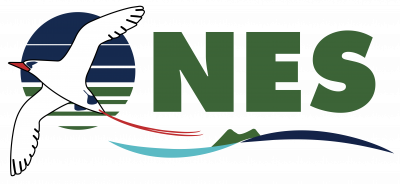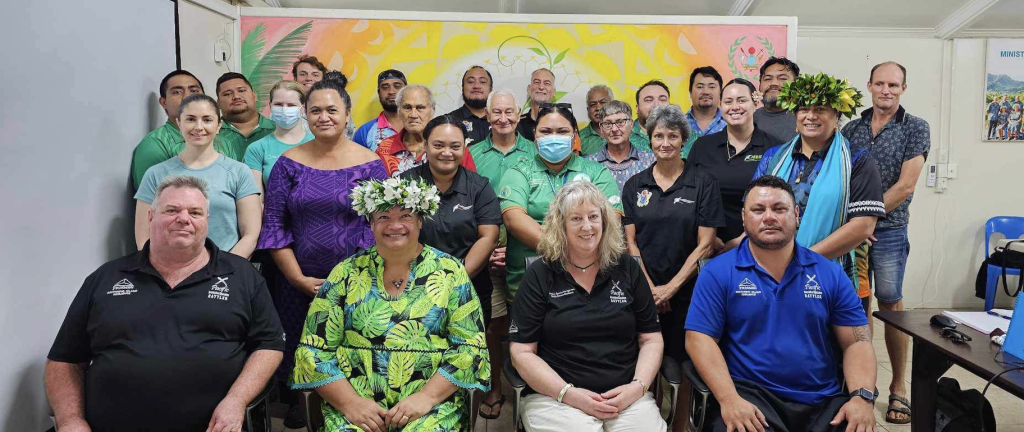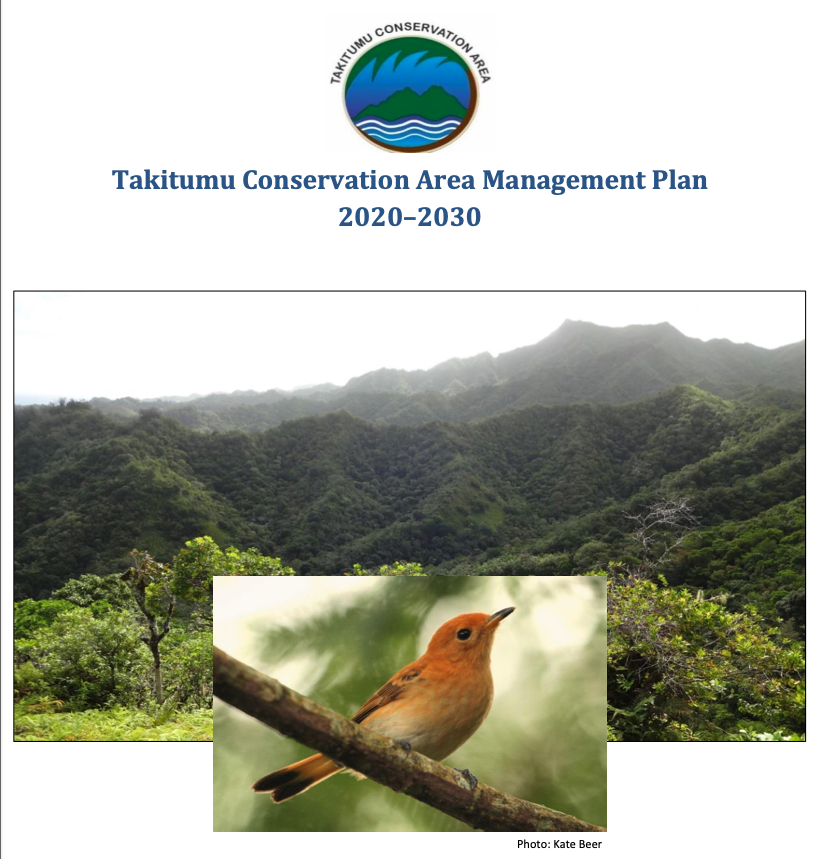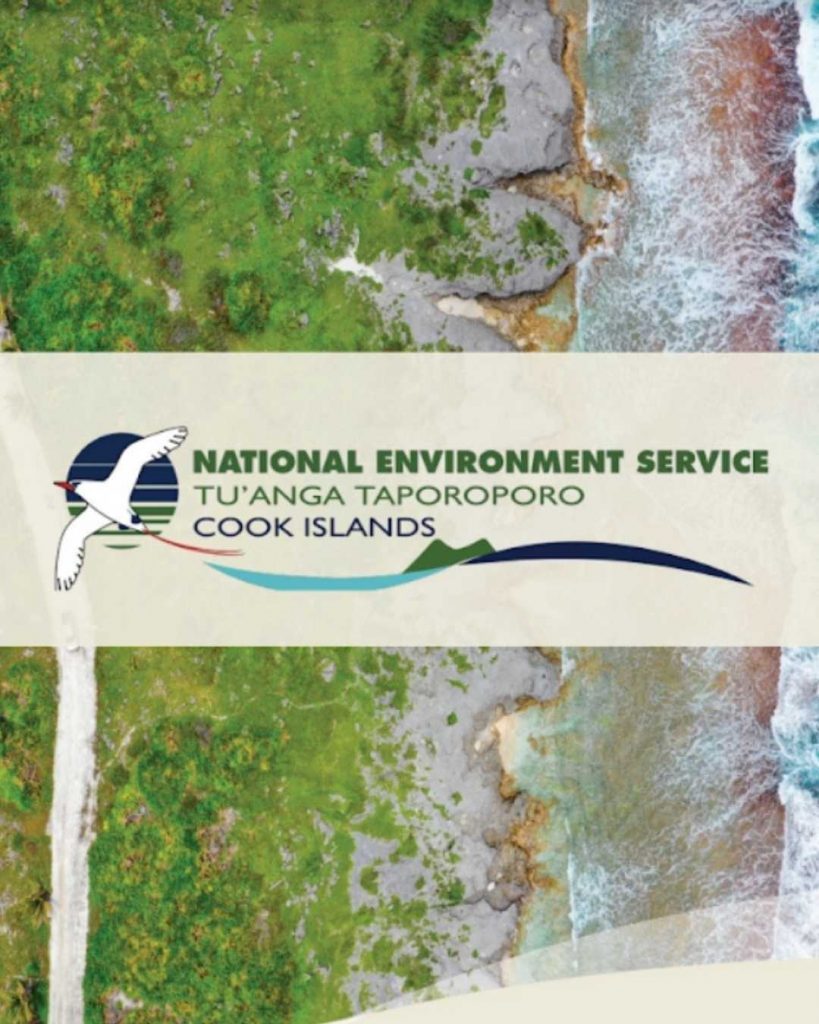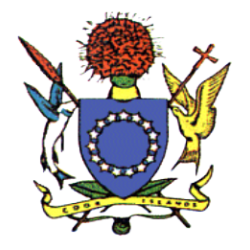Invasive species are rated as one of the key threats to biodiversity loss globally and on islands. A weeklong workshop was conducted by the Secretariat of the Pacific Regional Environment Program (SPREP) in partnership with the Ministry of Agriculture and National Environment Service supported by the Pacific Regional Invasive Species Management Support Service (PRISMSS) – Restoring Islands Resilience Project.
The Pacific Regional Invasive Species Management Support Service (PRISMSS) has been implementing activities in the Cook Islands through two PRISMSS programmes thus far. The first programme is the Natural Enemies Natural Solutions, with the introduction of biological control agents to combat invasive weeds, such as the Red Postman butterfly (Heliconius erato) introduced to control Passiflora rubra (red passionfruit). The second programme here in the Cook Islands is the Predator Free Pacific (PFP) Programme with PRISMSS partner Manaaki Whenua Landcare Research and New Zealand Department of Conservation to eradicate rats from the island of Palmerston.
The workshop was held in Rarotonga last month and was focused on the feasibility of a War-on-Weeds (WOW) and Resilient Ecosystems and Resilient Communities (RERC) PRISMSS programmes, in the Cook Islands. War-on-Weeds are invasive weeds that are not widely spread on islands, such as the Giant Reed found in certain places on Rarotonga and Passiflora rubra found in Uriata on Mauke. The Resilient Ecosystems and Resilient Communities (RERC) programme seeks to restore a site to its natural ecosystem by ensuring native plants take over the site and not invasive plants.
“It’s quite refreshing, working with the Cook Islands this week, where invasive species programs are already being carried out on some of the islands” says David Moverley – SPREP Invasive Advisor. A species prioritization list was conducted for invasive species that fall under the War-on-Weeds as well as Resilient Ecosystems and Resilient Communities programme. This was followed up with a field visit to sites which had a presence of the listed prioritized weeds, where the SPREP team highlighted the approach to manage and control invasive species.
Invasive weeds such as the Red Passionfruit in Mauke, and Giant Reed, Cuscuta campestris and Honolulu Rose in Rarotonga, fall under the War-On-Weeds program while the island of Atiu for African Tulip tree, pig hunting and rat monitoring fall under the RERC program.
Participants at the workshop were taken through an herbicide training on the application of herbicide for invasive plant control. Moverley highlighted that the correct application and right method of applying herbicide to invasive plants will effectively kill them.
The Ministry of Agriculture and NES looks forward to working with SPREP on the implementation of the War-on-weeds and Resilient Ecosystems and Resilient Communities programs with SPREP. The Cook Islands acknowledges SPREP and the PRISMSS-Restoring Islands Resilience Project and partners for the support of the workshop and to national participants from Rarotonga, Atiu and Mauke for being part of this workshop.
